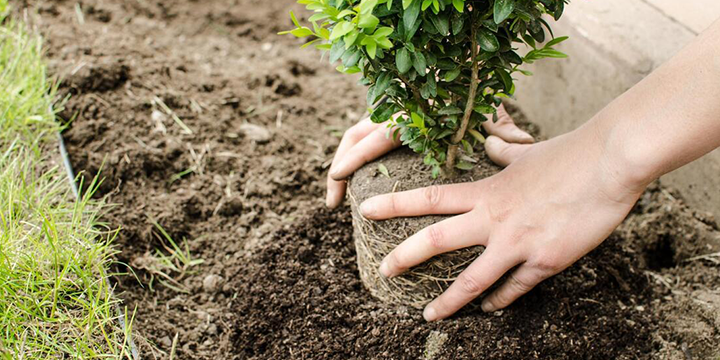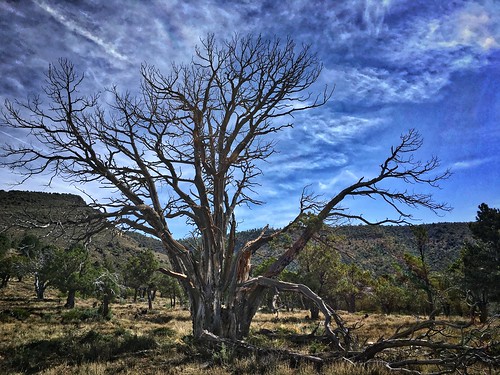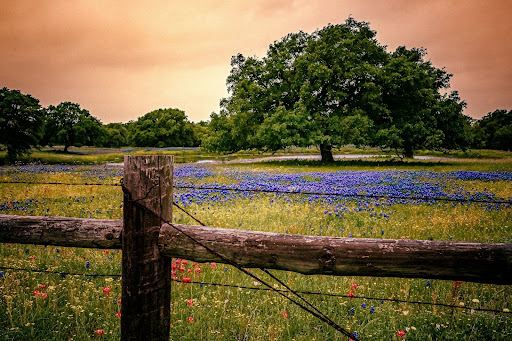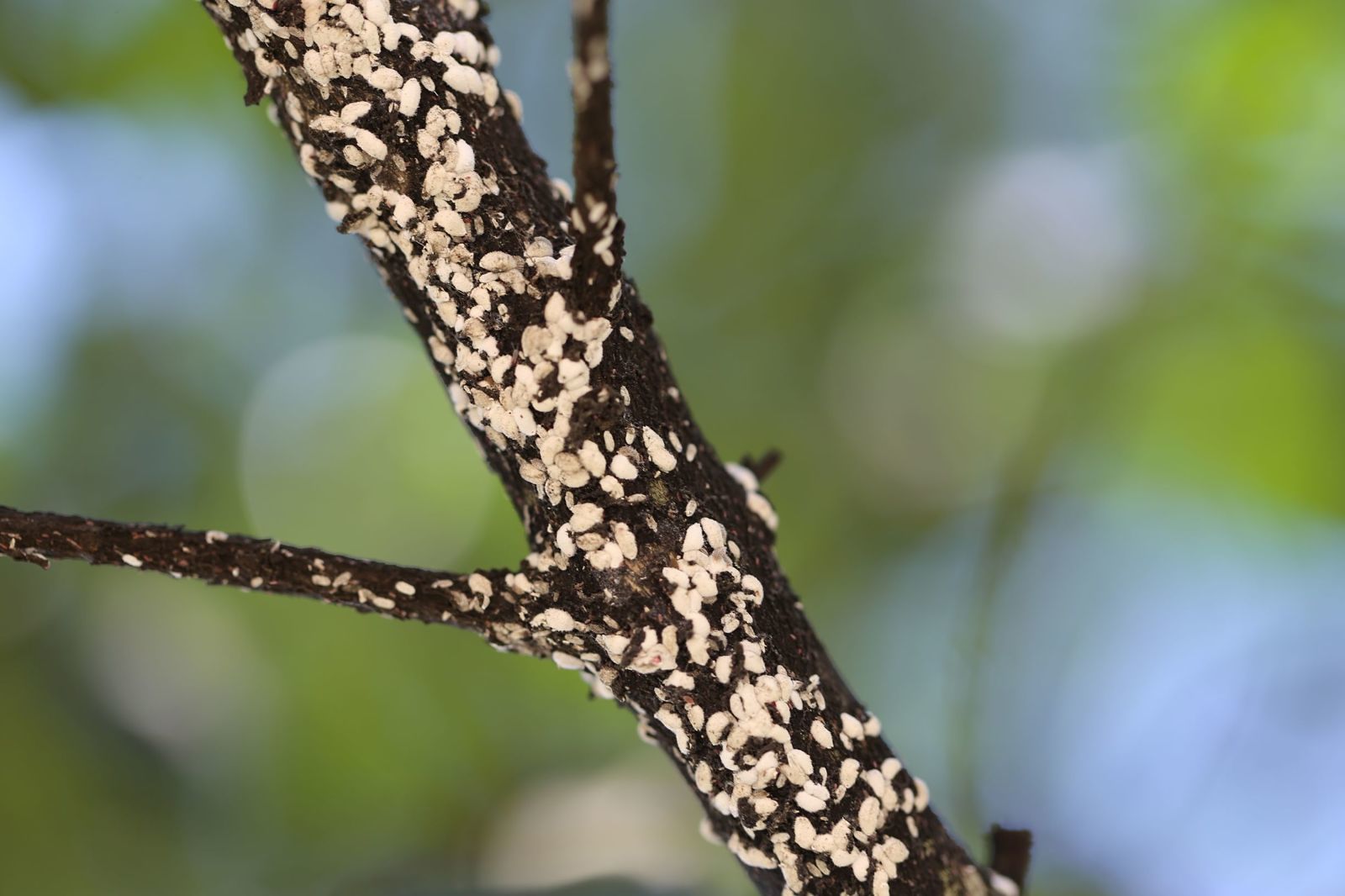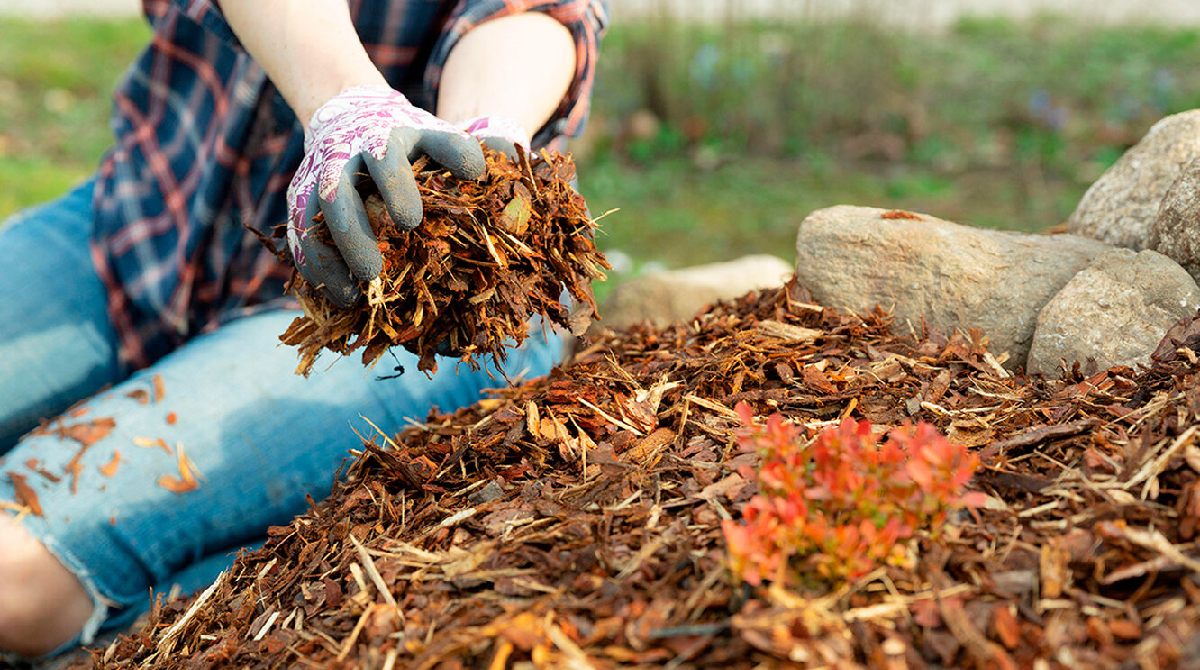
Date October 08, 2022
Category
Mulching North Texas trees is a critical step in caring for them, but it’s something many homeowners overlook. While many people may not think mulching is necessary, it offers many benefits, particularly for Dallas/Fort Worth trees. When applied correctly, tree mulch can enormously impact their health and longevity. In this blog post, we’ll discuss the basics of mulching, which mulch to use in North Texas, and how to mulch around trees. Read on to learn easy mulching tips to step up your tree care routine!
Is Mulching Necessary?
Mulching North Texas trees is an integral part of tree care, specifically in residential landscapes. In urban forests, the competition for nutrients is fierce. Trees compete with nearby plants, and their proximity to turf grass and surrounding structures can stifle growth and root development. The increased foot and vehicular traffic in these environments also causes soil compaction, leading to poor drainage and inhibiting the tree’s ability to absorb the nutrients and minerals needed for optimal tree health. While these conditions can’t always be mitigated, there are a few things we can do to help our trees thrive. One of which is mulching.
Overview of Mulching Benefits
- Reduces water evaporation from the soil, reducing the frequency of tree watering
- The mulching process loosens the soil and allows greater water and air movement
- Organic mulch, particularly Texas native mulch, adds nutrients back into the soil
- Inhibits weed growth, allowing more light to reach the soil surface
- Moderates soil and root temperature by acting as a barrier to extreme weather conditions
- Reduces soil compaction, runoff, and erosion
To learn more about the benefits and proper techniques for mulching North Texas trees, contact an ISA Certified Arborist at (817) 592-6846.
Best Mulch for North Texas Trees
While there are a variety of mulches on the market, organic mulch is always recommended as the safest, most reliable option to achieve great results. Organic mulch consists of hardwood chips, compost, leaves, pine needles, and grass clippings and has soil-enhancing qualities. If you’ve had a tree removed or trimmed recently, the by-product can be composted and used as mulch! Another great option when choosing which mulch to use is mulch made from native Texas trees. Texas native mulch will be well suited for North Texas tree mulch, adding nutrients back into the soil. Similarly, grass clippings, leaves, and other waste materials from cleaning up your landscape can be composted before use.
It’s important to note that plant debris from trees infested with pests or fungal diseases should not be used as compost or mulch. Doing so can spread pest infestation and disease to nearby plants or attack your tree again.
How to Mulch Around Trees
Now, let’s get down to mulching. Proper application and consideration are essential to maximizing the benefits of tree mulch. Poor mulching techniques or applying too much can cause more harm than good, so it’s important to keep these tips in mind.
Step 1:Choose an organic mulch
Step 2:Apply a layer of mulch at a depth of 2-4 inches and apply to the soil to ensure the mulch is evenly distributed.
Step 3:It’s critical to keep mulch away from the tree’s trunk by at least six inches. You should still be able to see the tree’s root flare, where the base of the trunk meets the soil, and identifiable by the swelling where the roots begin to extend outward.
Step 4: If possible, spread the mulch up to the dripline or circumference of the tree’s canopy to ensure adequate root coverage.
Mulching Tips for North Texas Trees
Mulch around trees can be applied or refreshed at any time of the year, but trees significantly benefit from a fresh layer of mulch in the spring and fall. Doing so ensures the tree’s roots are protected from extreme hot and cold temperatures and encourages root development.
While tree mulch provides numerous benefits, over mulching smothers the root zone and mulching too close to the tree’s trunk causes the trunk tissue to stay consistently wet. Roots cannot survive these conditions, and the moisture attracts a host of North Texas tree diseases and pests.
When done correctly, mulch can help your tree resist diseases and pests, encourage root development, add nutrition back into the soil, and help your tree withstand environmental stressors. While the question of “is mulch necessary?” is still debated, when it comes to providing the best possible care for your trees, the answer is yes.
For more information about the dangers of over mulching and how to correct over mulched trees, check out our blog “How to Mulch Around a Tree“
TreeNewal is Here to Help!
If you need assistance caring for your trees or are looking for advice on plant health, contact a TreeNewal ISA Certified Arborist. They are experts at diagnosing tree health and can provide you with a comprehensive tree maintenance plan to keep your trees healthy and vigorous year-round. Along with industry-leading customer service, TreeNewal offers tree care services like tree trimming and pruning, tree nutrition, tree removal, soil conditioning, insect and disease management, and more. Contact us today to start taking proactive care of your trees!
TreeNewal is a full-service sustainable tree care company offering residential and commercial tree services in Dallas, Argyle, Denton, Fort Worth, Flower Mound, Southlake, and Westlake. Contact our Dallas tree care specialists today at (817) 592-6846 and enjoy tailored tree care advice and the best tree health services in North Texas!
To learn more about Mulching Tips for North Texas Trees, call our Argyle and Southlake-based teams
at (817) 592-6846 or send us a message.
We’re a little different than the average tree services company.
Learn more about TreeNewal’s ISA Certified Arborists!
Our Dallas/Fort Worth-based tree doctors can explain how sustainable tree care services add more value to your bottom line.
Healthy trees, healthy lives.
